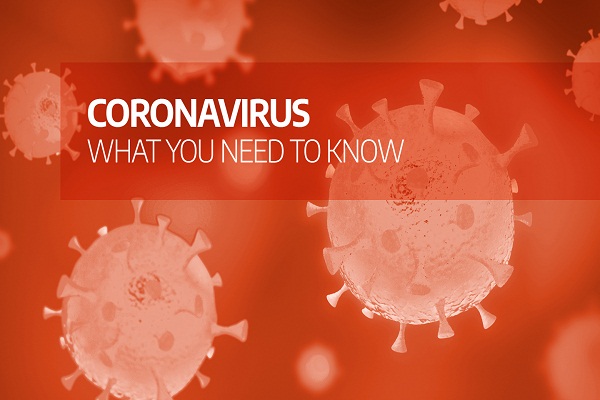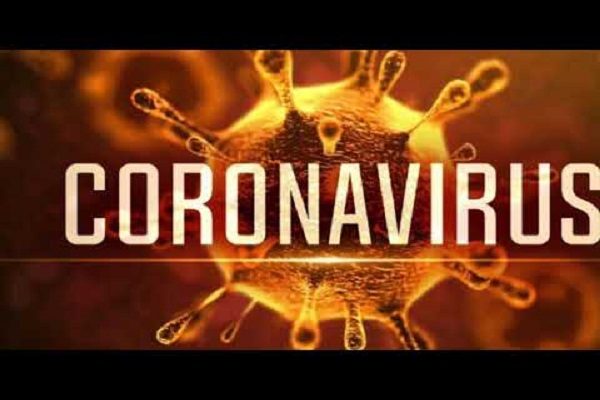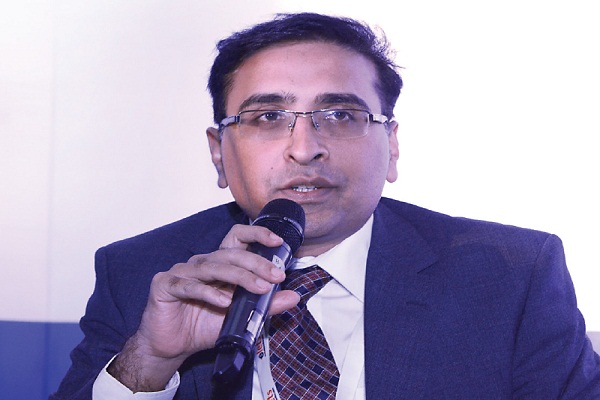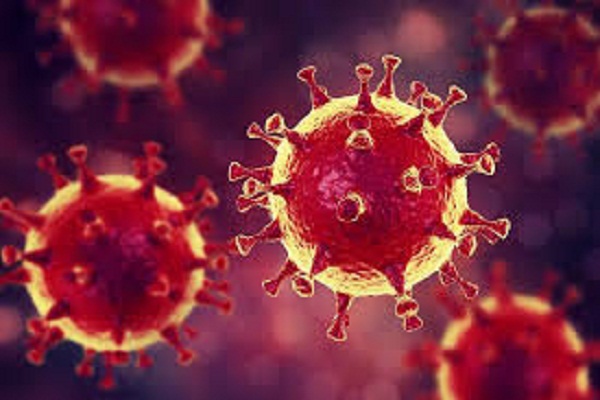
Talking on ageing, there is no one cut shortly applicable to all nutrition plans. Vitality differs from one senior person to another. Still, there are several ways through the nutritionist and wellness coach which one can help battle health-related challenges of ageing.
The basic fact the root cause of physiological harms during one’s ageing—i.e., damage of muscles, skin bounciness, or alterations in organ functioning—may be due to normal wear and tear of cells that die but don’t get replaced in older ages.

The following recommendations simple yet effective in nature might help one stay in youthful vigor and in prime health-agerasia—a state in which can stay till they are in the 60s, and continue beyond that age too.
Remain Hydrated
The ageing body tends to retain lesser amounts of water than a regular healthy younger person, it might be due to a reduction in the lean body mass, but basically, this could also be closely related to the reduction in one’s fluid intakes or due to declining in kidney functioning. This may increase the risk of chronic dehydration in some individuals.

On average a person needs roughly some 1 milliliter of fluids along with every calorie consumed by him or her.
Keep On Moving
It is recommended on an average a senior citizen should at least do 250 minutes of exercise every week. It could be a mix of mild physical activities, such as yoga walks or swimming, these prove to be beneficial as they tend to minimize the impact on your joints.
Focusing On Your Protein Intake
An elder individual has higher total body fat and visceral fat (fat around the organs). Routine physical activity may help diminish this shift, still, some degree of variation is expected. To some extent, a minor increase in overall fat may be considered as healthy. One may consider this way in a given occasion if had a fall or slip, you are more likely to fare better when you have sufficient fat tissues to pad and save your bones from cracking.
Average protein intake for a senior citizen is 8 grams against each kilogram of their body weight.
Some of these high-protein sources are:
· From Animal products such as fish, meats, eggs, and dairy products
· From Beans-Kidney beans, Soybeans.
· From Nuts-Peanuts, Walnuts, Almonds, Cashew nuts
· From Bone broth -Chicken Soup & Stew
· From Milk-Curd, Paneer, Lassi
Fiber Intake
Constipation is likely to be part of life post the age of 60, which is due to the mixing of factors such as decreasing appetite, lower fluid intake, and physical inactivity. Take in plenty of fiber in your diet. It provides bulk support to routing food and waste products thoroughly. Opt for apples, bananas, beets, and carrots,
Monitoring – Salt And Sugar Consumption
Extra salt results in higher BP and fluid preservation, high sugar intake may result in Type II Diabetes development.
Try salt-free seasonings like a salt-free lemon-pepper seasoning for poultry, fish, and vegetables, Fresh lemon juice and herbs do add great flavor to your meals.
Sweeten coffee or other hot beverages with a calorie-free natural sweetener and try avoiding excessively aerated juices, soda, or preservative juices.
Vitamins
As you age, you may also experience a decreased ability to digest vitamins and minerals, which may lead to a higher risk of deficiency. Two vitamins to pay attention to are vitamin B12 and vitamin D.
• Vitamin B12
Ageing ones are a higher risk of having lower B12, as may take a lesser amount of food that contains this vitamin. As Vitamin B12 is found primarily in animal source-based foods, such as meat, eggs, fish, & dairy products but it also can be added through fortified foods such as breakfast cereals in a limpid form, which gets easily absorbed by those in their old age.
• Vitamin D
Our skin doesn’t blend vitamin D as efficiently as we grow older, and our kidneys are not able to convert vitamin D to an active hormone form. Vitamin D is absorbed from the sun, and also can be found in fatty fish and egg yolks. Make sure to periodically check the levels of Vitamin B12 & Vitamin D from your physician to keep them within their normal range.
P.S. Remember that old age may bring lots of changes in your body which could be because of any underlying conditions. It is suggested to visit your doctor on a regular basis to avoid any complications. In case, you are allergic to a particular food always consult a good nutritionist.
(Disclaimer: Writer is Ms. Avni Kaul, Nutritionist, Wellness Coach & Certified Diabetes Educator, Founder of NutriActivania. Views expressed are a personal opinion.)
Be a part of Elets Collaborative Initiatives. Join Us for Upcoming Events and explore business opportunities. Like us on Facebook , connect with us on LinkedIn and follow us on Twitter , Instagram.












